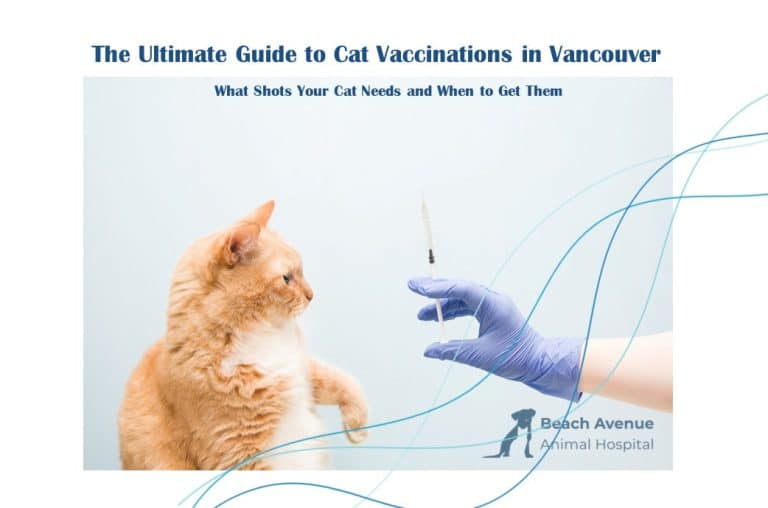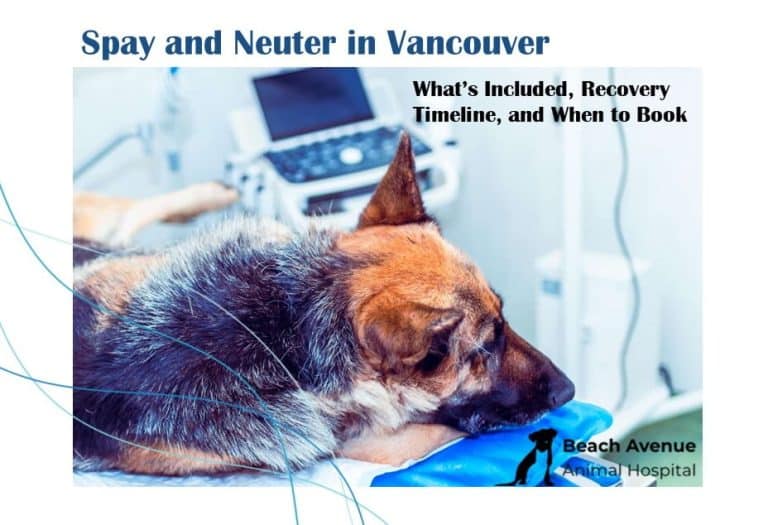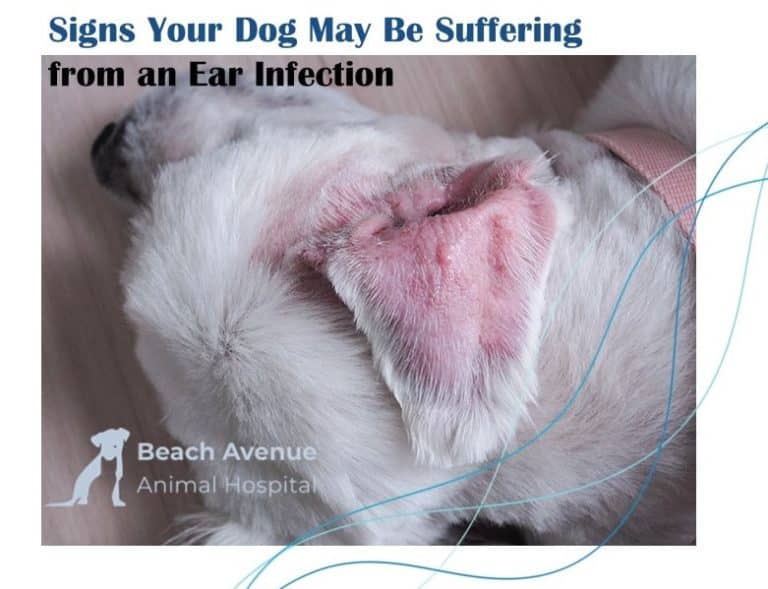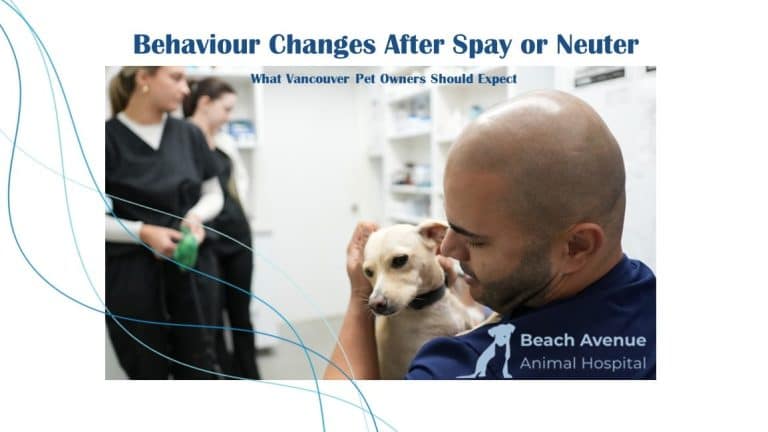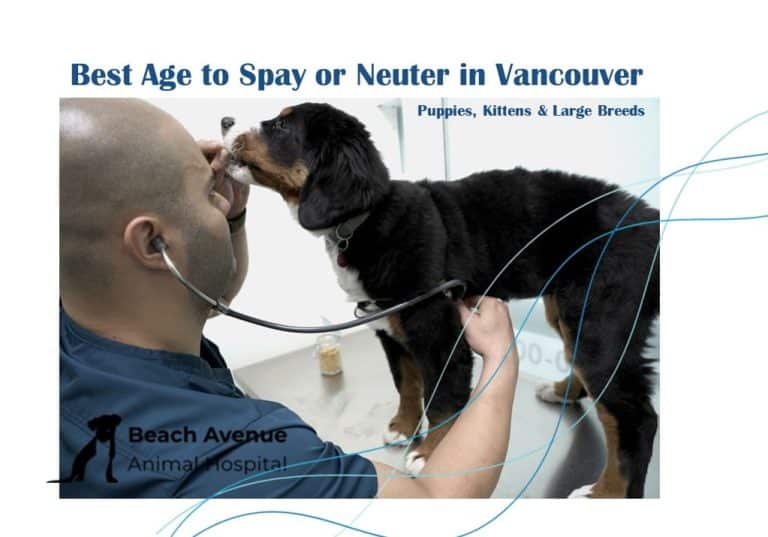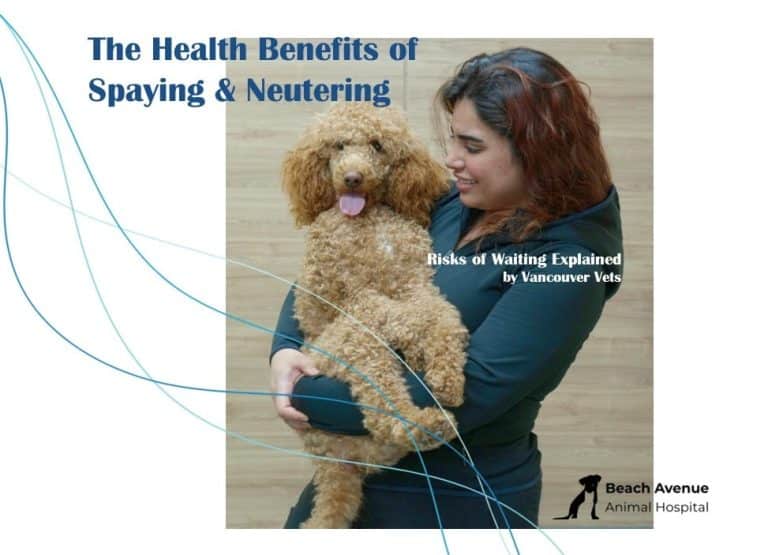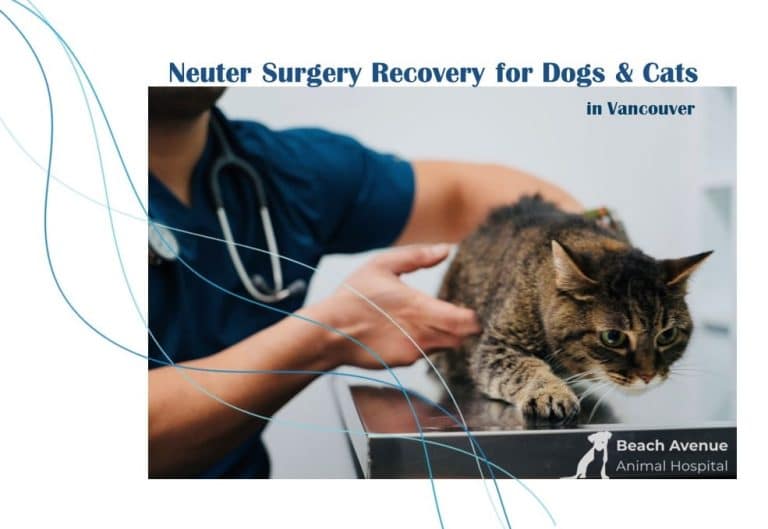Gum disease is a common but serious issue in dogs. If left untreated, it can lead to pain, tooth loss, and infections that affect overall health. The good news? It’s preventable with the right care. Here’s how you can protect your dog’s gums and keep them healthy.
Daily & Weekly Preventive Care
Brushing Your Dog’s Teeth
- Brush at least 3-4 times per week.
- Use dog-safe toothpaste—never human toothpaste.
- Choose a soft-bristled toothbrush designed for dogs.
- Start slow. Let your dog get used to the brush before you begin.
- Gently brush in circular motions along the gum line.
- Reward your dog afterward to make it a positive experience.
Dental Chews & Toys
- Choose vet-recommended chews that help reduce plaque.
- Look for durable rubber or textured toys that clean teeth as they chew.
- Avoid hard bones or antlers that can cause tooth fractures.
Water Additives & Oral Sprays
- Add dental rinses to your dog’s water bowl for extra protection.
- Use vet-approved oral sprays to reduce bacteria and freshen breath.
Routine Veterinary Care
- Schedule annual dental check-ups with your vet to catch early signs of gum disease and prevent serious issues. During these visits, your vet will assess your dog’s oral health and may recommend a professional dog dental cleaning. This deep cleaning removes plaque and tartar buildup that brushing alone can’t reach, reducing the risk of infections and gum disease.
- A dog dental cleaning involves scaling to remove plaque and tartar, polishing to smooth the tooth surfaces, and sometimes fluoride treatments to strengthen teeth.
- In severe cases, your vet may take X-rays to check for hidden infections or perform extractions if a tooth is beyond saving.
- Professional cleanings remove tartar that brushing can’t reach.
- Watch for signs of gum disease: bad breath, red or swollen gums, bleeding, or reluctance to eat.
Diet & Nutrition for Healthy Gums
- Feed your dog good-quality dry kibble to help keep their teeth strong and clean. Dry kibble is better than wet food at scraping off plaque, which can lead to gum disease. Look for brands that support dental health to give your dog extra protection.
- Give your dog crunchy vegetables like carrots, apples, or celery. These foods act like natural toothbrushes, helping scrub their teeth while they chew. They also provide important vitamins that keep gums healthy.
- Add safe supplements like coconut oil or seaweed-based dental powders to their meals. Coconut oil can help fight bacteria, and some seaweed extracts can break down plaque and tartar over time.
- Try special dental treats made to clean teeth and freshen breath. These treats have enzymes that help stop bacteria from growing and make your dog’s mouth healthier between brushings.
Common Mistakes to Avoid
- Using human toothpaste: It contains xylitol, which is toxic to dogs and can cause severe health issues.
- Skipping brushing: Even with chews, brushing is essential for preventing tartar buildup.
- Ignoring bad breath: Persistent bad breath is often the first sign of gum disease or an infection.
- Skipping vet visits: Regular check-ups help catch problems early, preventing costly and painful procedures in the future.
Take Action Today
Your dog’s dental health affects their overall well-being. Start by checking their gums today. If you notice any warning signs, schedule a vet visit. If you’re in Vancouver, consider booking an appointment with Baah Veterinary Services, where expert care ensures your pet’s teeth and gums stay healthy. A little effort now will keep your dog happy, healthy, and pain-free.


